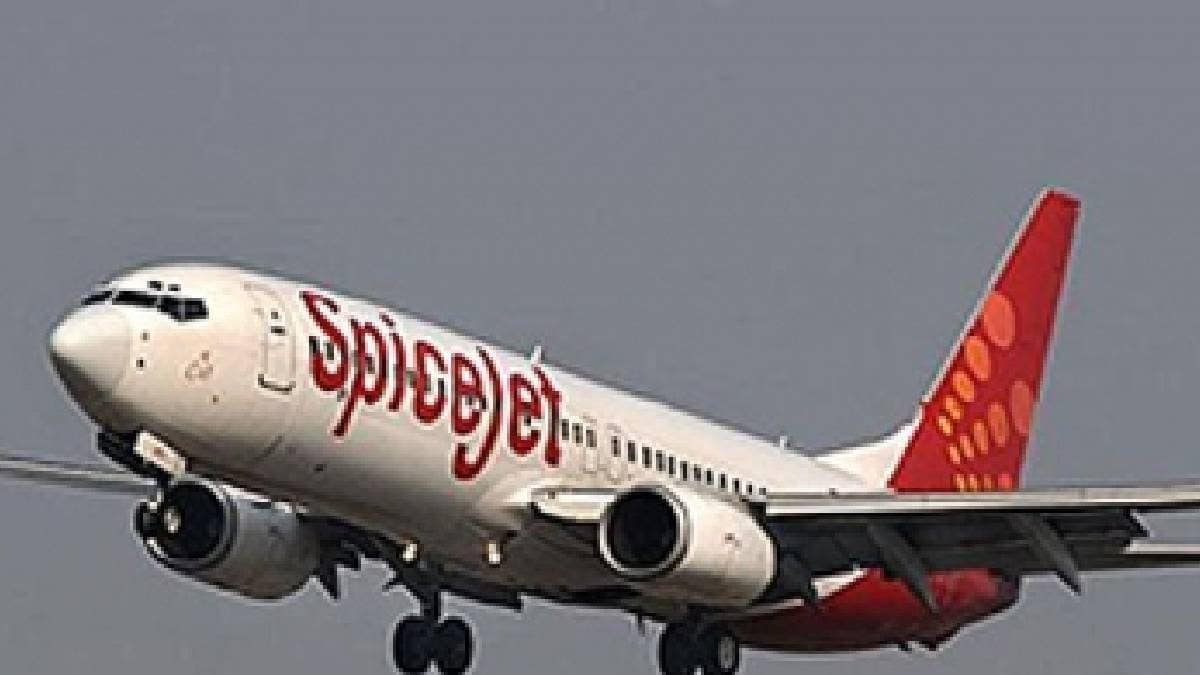Spicejet’s shares in the early morning trade started declining and fell as much as 11.13 per cent to Rs 26.50 apiece on the BSE. (Photo: IANS)
DGCA has put Spicejet under ‘enhanced surveillance’ as the airline faces multiple financial headwinds in recent months, according to a report
Shares of budget airline SpiceJet fell over 11 per cent during the intraday trade on Wednesday, after aviation watchdog DGCA put the company under “enhanced surveillance” as the airline faces multiple financial headwinds in recent months.
The DGCA move also comes against the backdrop of various lessors seeking repossession of aircraft leased to SpiceJet and some of the cases have been settled by the airline. According to a PTI report quoting an official, the Directorate General of Civil Aviation (DGCA) has put SpiceJet under enhanced surveillance for more than three weeks now and it is an ongoing process.
On Wednesday, July 12, the shares of Spicejet opened flat at Rs 29.85 apiece on the BSE before rising to Rs 30.28 apiece initially. However, after 9.40 am, the shares started declining and fell as much as 11.13 per cent to Rs 26.50 apiece as compared to the previous close of Rs 29.85.
The shares then recovered to Rs 29.10 on the BSE and remained range bound with a downward bias.
According to the PTI report quoting the regulatory official, the enhanced surveillance includes increased night surveillance and spot checks. The focus is to ensure that due to financial issues, there are no potential adverse impacts on the flight operations and that there are no “cutting corners” on safety.
The enhanced surveillance is also to check whether safety obligations are being met or not. However, a SpiceJet spokesperson told PTI, “The information is absolutely incorrect and is strongly denied”.
No such communication has been received by the airline from the DGCA, the spokesperson said in a statement. SpiceJet, which has been facing various headwinds, has settled the issues with certain aircraft lessors.
On June 21, the airline said it has entered into a settlement agreement with Nordic Aviation Capital (NAC), a lessor for its Q400 planes.
















































